Únase a getAbstract para acceder al resumen.
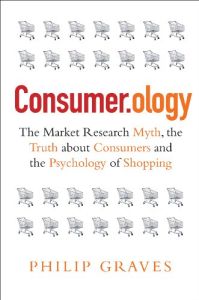
Únase a getAbstract para acceder al resumen.
Philip Graves
Consumer.ology
The Market Research Myth, the Truth About Consumers, and the Psychology of Shopping
Nicholas Brealey Publishing, 2010
¿De qué se trata?
Market research just doesn’t work. In fact, it can’t.
Recommendation
If you let market research dictate your business decisions, consumer behavior expert Philip Graves thinks you’re making a big mistake. Market research, he says, can’t predict customers’ buying decisions because it focuses on the wrong criteria – a conscious-mind, logical thinking process. But consumers almost never make buying decisions like that, although they’ll insist they do. Instead, they make choices, quickly and efficiently, with their unconscious minds. Business owners who understand this and who apply Graves’s criteria to their research will gain valuable insights into what their customers really think and want. While just about anyone who shops can enjoy this entertaining, informative book, getAbstract believes it will help business owners and marketers – if not to read their customers’ minds, then at least to understand them better.
Summary
About the Author
UK-based consumer behavior expert Philip Graves consults for a wide range of national and international businesses.









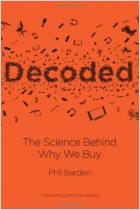
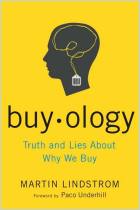
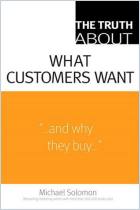
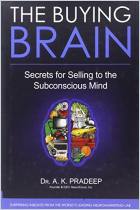





Comment on this summary